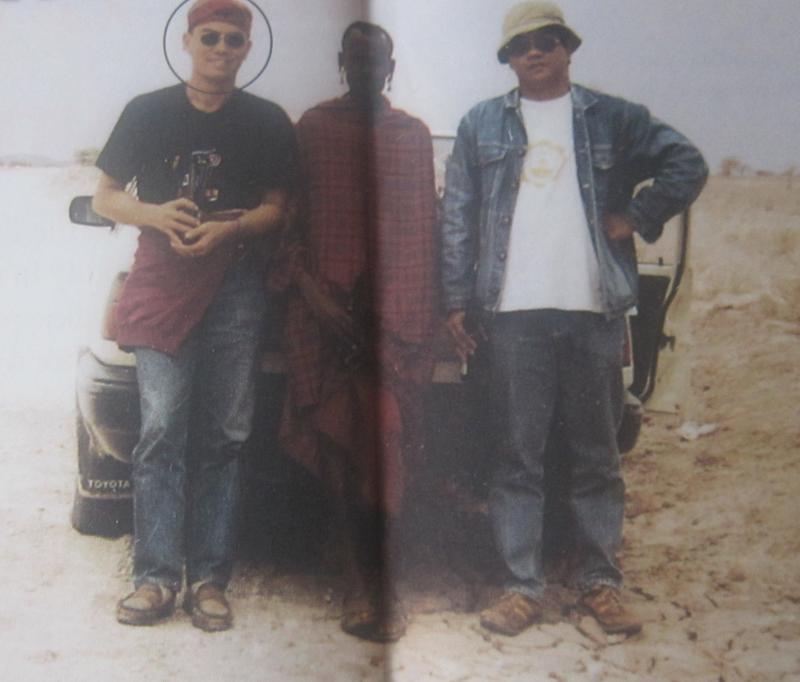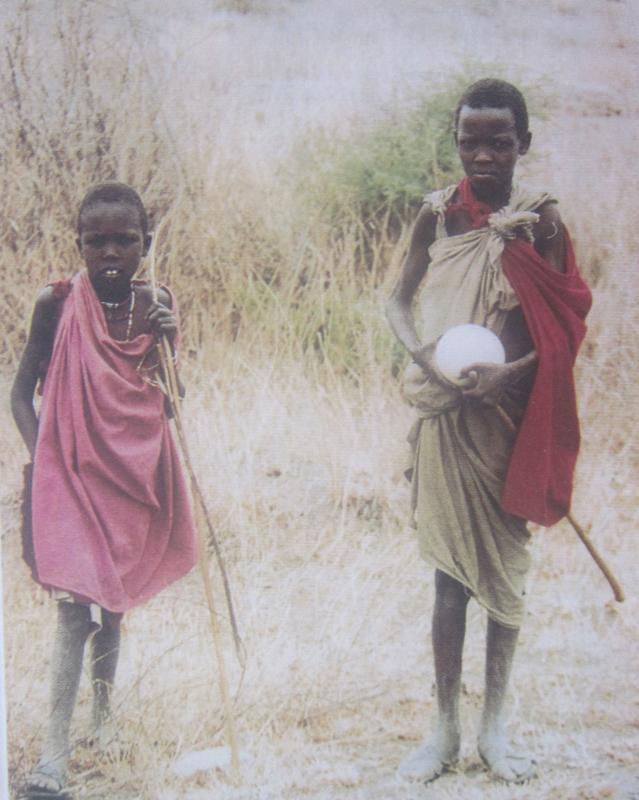The Maasai of Kenya
By Fr. Eufemio Sombrio, svd
In nearly forty years, this is my first time to celebrate Christmas away form my homeland. Before I left for Africa last January, I already heard reports from many missionaries abroad that indeed there is no place like home especially in terms of celebrating Christmas. Now that I am a Filipino in Africa, I’d rather say that Christmas in Kenya compared to the Philippines is both similar and different. Different because of our cultural traditions like the Misa de Gallo, like listening to Christmas songs as early as the month of September, or house-to-house caroling. But it is also similar because the message of Christmas to the Africans remains the same that “the WORD was made FLESH and DWELT among us.”
I wish to share with you a couple of experiences I encountered here in Kenya during my first year of being a missionary.
Maasai
Regarding a MAASAI visitor from one of the many tribes. He comes to see the rector of the seminary. In their conversation this Maasai said to the rector, “Edward is very pleased to see you and he would like to sell you these Maasai made arm ornaments. (The type of ornaments they make, which we in the Philippines call “pulseras”, are made out of colorful beads exactly like those made by the Mangyans in Mindoro and the Manobos in Agusan.) Then the rector asked him: “When did Edward and I meet each other? And who is he?” “Edward is a Maasai and he is talking to you now, the visitor replied. We discovered then that any Maasai would never mention the first person pronouns “I” or “me” in front of a ‘big man’ of the community. The reason for this cultural expression is their high respect for the big man or leader of a tribe.
Community Property
Still about the Maasai tribe. They have a strong belief that every cow is God’s gift to their tribe. And so they have the RIGHT to take any cow and slaughter it. Those who do not know about this would accuse the Maasai of being thieves of cows and so other tribes who are raising cows would either put the cows inside the fence or keep an eye on them while grazing. This reminds me of our Manobo tribe when I was in Loreto, Agusan del Sur. For a genuine Manobo (no influenced or exposed to urban culture) property is common, not private.
Respect for Life
For the Africans, women, especially mothers, are life-givers and they cannot allow themselves to kill even the life of an animal. One day a missionary visited a mother and her son. It was lunch time and out of their hospitality they thought of butchering their chicken. And so she carried her son at her back, let him hold the knife, and she drove the hands of her son to cut the neck of the chicken. That they look strange to us, but at heart, it is a beautiful sign of respect for life which the whole world needs today.

